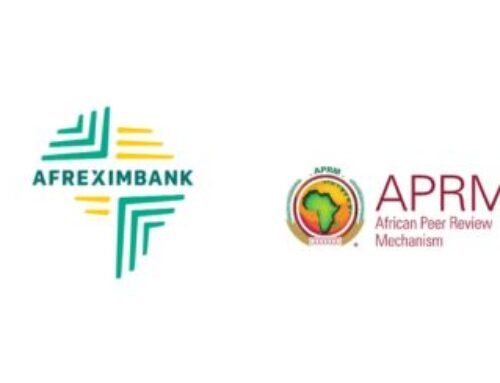
The Director General of the Nigerian Governors’ Forum (NGF) Asishana Okauru, has impressed on all tiers of government the need to commit more funds to capital projects, especially infrastructural development capable of impacting on the economy positively.
Okauru spoke during the 2022 edition of the international credit rating summit at a virtual workshop tagged: ‘Boosting Infrastructural Development through Pension Fund Investment: The Role of Credit Rating Agencies.’
The event which attracted a global audience was the brainchild of Nigeria’s technology-driven credit rating Agency (CRA), DataPro.
According to him, the NGF has always been concerned about the nation’s high infrastructure deficit considering the fact that the capital market is still largely untapped for state governments in the country, with less than a quarter of them participating in the market annually.
“We are concerned by the extent of infrastructure neglect and over utilisation given that many of our cities have been overwhelmed by the rapid rise of urban agglomeration as more people continue to migrate from rural to urban areas.”
He was quick to admit that state governments have a major role to play in closing this gap by financing areas that are not exactly bankable and capable of sufficiently mobilising private finance, through public private partnerships, and through regulations required to attract and promote the growth of untapped private finance.
“States already see the urgency of this intervention because of the general demand for immediate tangible results from the populace. Last year, all 36 state governments spent a total of N2.2 trillion in capital expenditure compared to N3.1 trillion expended by the federal government.”
Expatiating, the NGF boss said, “The trend in federation revenues of states which make up 65% of their total recurrent expenditure, and the increasing risk of a deteriorating exchange rate. These challenges continue to highlight the importance of revenue diversification and domestic resource mobilisation in the country.”
To supplement the practice of credit rating, he said, “We can do more on risk mitigation and credit enhancement, including perhaps creating co-guarantee platforms that will help develop and deploy innovative instruments to de-risk private sector investments at scale.”
Going down memory lane, he recalled that “In November 2019, the National Economic Council (NEC) set up a committee to consider how a portion of accumulated pension funds can be leveraged for infrastructure investments in collaboration with the Nigeria Sovereign Investment Authority (NSIA),” adding that “The objective is to leverage the pension fund assets under management through a National Infrastructure Investment Fund (NIIF) to fund essential infrastructure projects that will complement projects implemented under the Presidential Infrastructure Development Fund (PIDF). The success of this initiative still depends on building strong investor confidence that will also help build new asset classes.”
Justifying the need for effective credit rating agencies, he assured that the NGF is willing to support platforms such as this by providing greater access to our governors to actively engage to strengthen the role of credit agencies. “This is important because unlike international rating agencies, local rating agencies have greater coverage of small and medium enterprises and local jurisdictions beyond the country-level focus. In delivering any support, we recognise the important role of the Central Bank of Nigeria (CBN), the Securities and Exchange Commission (SEC) and the National Pension Commission in setting and enforcing standards.”





